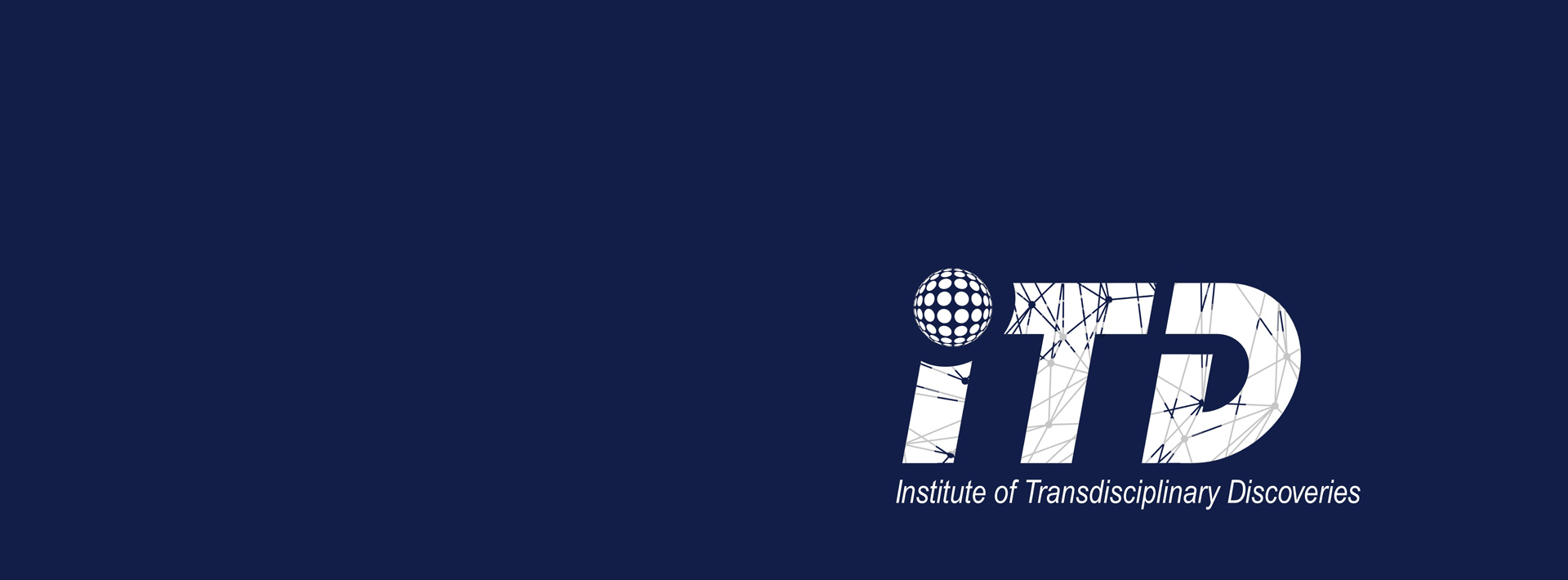Data
Official data in SubjectManager for the following academic year: 2024-2025
Course director
-
Szentpéteri József László
honorary professor,
Institute of Transdisciplinary Discoveries -
Number of hours/semester
lectures: 16 hours
practices: 8 hours
seminars: 0 hours
total of: 24 hours
Subject data
- Code of subject: OSE-SY2-T
- 2 kredit
- Dentistry
- Elective modul
- both
-
Exam course:Course headcount limitations
min. 5 – max. 15
Available as Campus course for . Campus-karok: ÁJK BTK ETK GYTK KTK MK TTK
Topic
This course is designed to refine the communication skills of healthcare professionals, with a specific focus on the application of rhetorical tools to enhance the clarity and impact of scientific communication. By understanding and utilizing simile, ironic simile, metaphor, personalization, fun facts, and parallelism, students will learn to convey complex medical information in an engaging and accessible manner to diverse audiences, including patients, colleagues, and the general public.
Course Objectives:
· To understand the importance and application of rhetorical tools in healthcare communication.
· To develop the ability to explain medical conditions and treatments through relatable analogies and metaphors.
· To cultivate personalization skills to enhance patient engagement and compliance.
· To learn how to integrate fun facts into scientific communication to maintain audience interest.
· To practice the use of parallelism for creating memorable and persuasive messages.
Lectures
- 1.
"The Power of Analogy: Using Simile in Patient Education"
- Szentpéteri József László - 2.
"Through the Metaphorical Lens: Simplifying Complex Health Concepts"
- Budán Ferenc Csaba - 3.
"The 'I' in Illness: The Role of Personalization in Healthcare Stories"
- Szabó Éva (Biokémia) - 4.
"Engagement through Enlightenment: Incorporating Fun Facts into Medical Discussions"
- Budán Ferenc Csaba - 5.
"The Rhythm of Health: Employing Parallelism for Emphasis and Clarity"
- Szabó Éva (Biokémia) - 6.
"Mixed Medicinal Messages: Combining Rhetorical Tools for Enhanced Communication"
- Szentpéteri József László - 7.
"Emotional Resonance in Science Communication: The Ethos, Pathos, and Logos"
- Szentpéteri József László - 8.
"Storytelling in Medicine: Weaving a Patient's Journey"
- Szentpéteri József László - 9.
"Visual Metaphors: Using Imagery in Health Education Materials"
- Marosvölgyi Tamás - 10.
"Humor and Wit: Balancing Ironic Similes in Professional Health Settings"
- Marosvölgyi Tamás - 11.
"Nuances of Comparison: Mastering Ironic Simile in Health Narratives"
- Sik Attila Gábor - 12.
"Narrative Medicine: Personalization as a Bridge to Empathy"
- Szabó Éva (Biokémia) - 13.
"Data Storytelling: Using Parallelism and Fun Facts for Memorable Presentations"
- Szép Dávid - 14.
"From Clinician to Communicator: The Healthcare Professional as a Storyteller"
- Szentpéteri József László - 15.
"Cultural Sensitivity in Rhetorical Expression: Adapting Tools for Diverse Audiences"
- Szép Dávid - 16.
"Capstone Lecture: The Art of Rhetoric in Health Advocacy"
- Szentpéteri József László
Practices
- 1.
"Simile Workshop: Crafting Relatable Health Analogies"
- Szentpéteri József László - 2.
"Metaphor in Motion: Interactive Metaphor Creation Lab"
- Szentpéteri József László - 3.
"Personalizing Health: Practice Sessions on Patient-Centric Communication"
- Graff Andreas Bergheim - 4.
"Trivia in Treatment: Designing Engaging Fact-Based Health Messages"
- Szentpéteri József László - 5.
"Parallel Structures: Writing Workshop for Clear Communication"
- Szép Dávid - 6.
"Ironic Simile in Action: Role-Playing to Explore Subtlety and Tone"
- Marosvölgyi Tamás - 7.
"Rhetorical Roundtable: Peer Review of Communicative Approaches"
- Szép Dávid - 8.
"Final Presentation: Integrating Rhetorical Techniques in a Health Communication Campaign"
- Szentpéteri József László
Seminars
Reading material
Obligatory literature
Literature is not compulsory, but all books in recommended literature list (see below) contain very useful information to provide a more effective implementation of the objectives of the course.
Literature developed by the Department
.ppt files provided during the course, recommended literature and online materials.
Notes
.ppt files provided during the course, recommended literature and online materials.
Recommended literature
Barbara Dancygier & Eve Sweetser (2014): Figurative Language. Cambridge University Press.
Conditions for acceptance of the semester
Every participant must prepare a somehow healthcare-related presentation to participate and complete the course. Interactivity and continuous, active participation are key elements to complete the course. The presentation should be a maximum of 3 minutes long (390-510 words) and should be supported with a PowerPoint (.ppt) presentation. Everyone will carry their project only during the course, which should be modified, polished during the course, and uploaded at the end. However, the point of view can vary widely: technology, legal, humanities, natural sciences, etc.
Anyone, who arrives WITHOUT A PRESENTATION will be DISQUALIFIED immediately.
Grades are based on personal development, activity, and attitude during the course.
Mid-term exams
Course based on the applied knowledge gained at 'Sell Yourself! - presentation techniques' (OAE-AEM-T) course. Each student MUST give verbal presentation at each class.
Making up for missed classes
None
Exam topics/questions
Each student give a final presentation at the end of the semester. Grade depend on the level of developement during the semester, not just the final presentation.
Examiners
Instructor / tutor of practices and seminars
- Budán Ferenc Csaba
- Graff Andreas Bergheim
- Marosvölgyi Tamás
- Sik Attila Gábor
- Szabó Éva (Biokémia)
- Szentpéteri József László
- Szép Dávid
